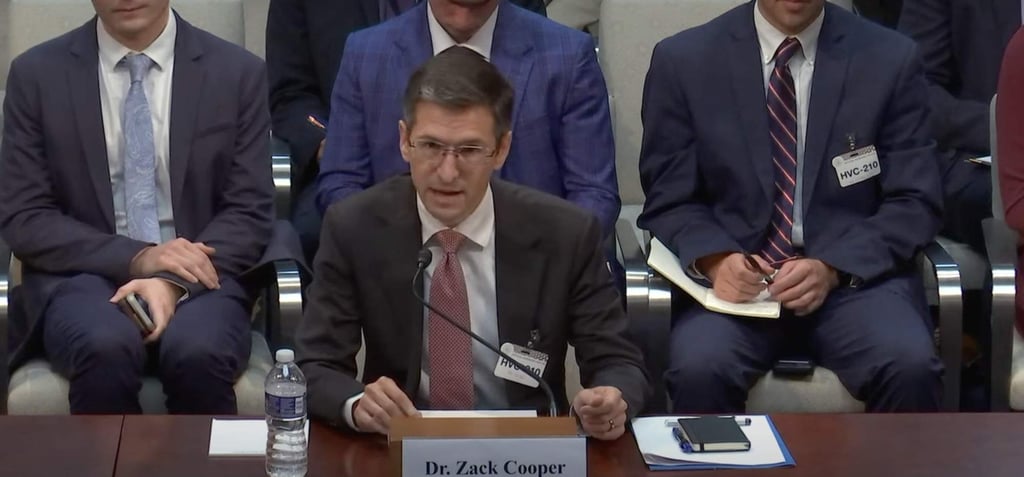US should fund ways to help Chinese get around ‘Great Firewall’, lawmakers hear
“The [Chinese Communist Party] is providing the world with a blueprint for establishing a digital totalitarian state and presenting a real threat to world peace,” Xiao said.
While the US government already funds the provision of traditional circumvention tools like virtual private networks (VPNs) in mainland China, witnesses say such tools are not enough, arguing that Beijing has stepped up criminalisation and imposed other disincentives to prevent people from accessing these tools.
“The CCP is not simply building an ever greater firewall. It has undertaken a much more ambitious project, erecting multiple layers of self-reinforcing technical and social controls,” said Nat Kretchun, a senior vice-president at the Open Technology Fund, a non-profit financed by the United States Agency for Global Media.
“The era in which we could reasonably assume that most Chinese citizens could and would naturally seek out uncensored content is unfortunately over,” Kretchun said.
As a result, Kretchun advocated for supporting internet developers in creating innovative circumvention methods tailored to specific use cases, online behaviours and risk profiles.
Echoing his fellow witnesses, Zack Cooper, a senior fellow at the American Enterprise Institute, pushed for an “ambitious moon shot project on internet freedom” that would cut across US agencies, government affiliates and the private sector.
“US internet freedom efforts receive less than 1 per cent of the resources that China likely devotes to information control,” Cooper said, highlighting what he framed as deleterious effects of Chinese government controls to Americans and US-China relations.

But, witnesses said, efforts to break down barriers between China and the outside world don’t have to be solely targeted to spaces within China. Another effective way, they said, is to bring Chinese students into the US.
It’s a point that Democratic Representatives Raja Krishnamoorthi of Illinois and Seth Moulton of Massachusetts also highlighted on Tuesday.
“Some of the most sophisticated circumvention users in China are those who have spent significant time overseas,” Kretchun said.
Cooper said student exchanges were an “asymmetric advantage” for the United States.
Witnesses also urged the US government to support the development of more “objective” content for dissemination to Chinese users; impose outbound investment restrictions and sanctions on Chinese technology companies conducting censorship and surveillance; and push tech companies to be more forthcoming with their involvement in China, such as by disclosing all payments they receive from Chinese entities.
Calls for the Chinese government to get rid of its information controls have been bipartisan. In an op-ed in Newsweek on Monday, Representative John Moolenaar, a Republican from Michigan and chair of the House select committee on China, said Chinese President Xi Jinping should take down the Great Firewall to “give the Chinese people unfettered access to the truth”.